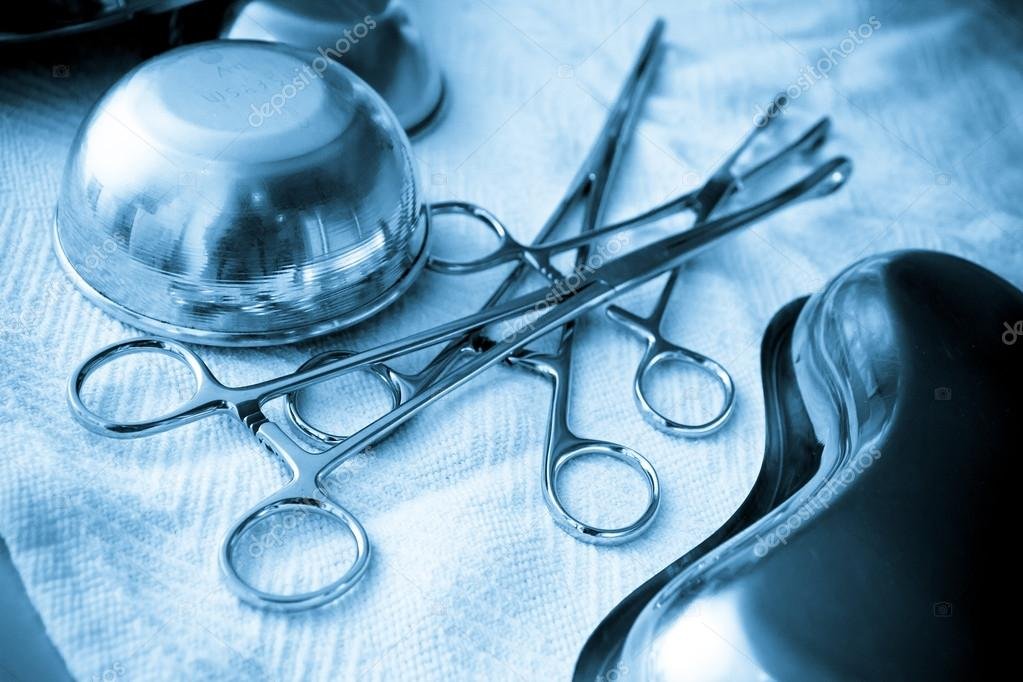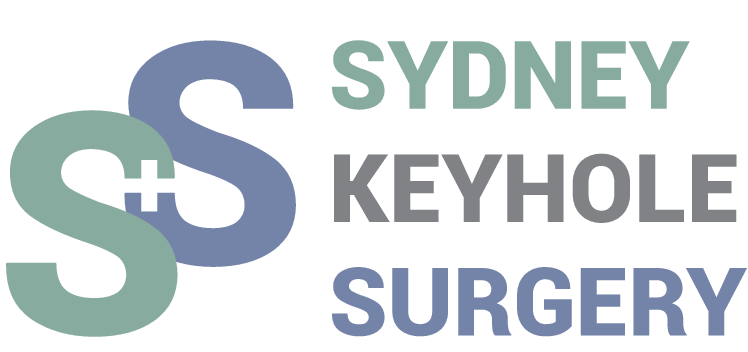
Causes of haemorrhoids
Hemorrhoids are swollen blood-filled cushions in the anal area that can cause lumps, pain, itching, and bleeding. Normally, these cushions help distinguish between gas, liquid, or solid when you pass stool or gas, preventing embarrassing accidents. Certain conditions that increase abdominal pressure can lead to hemorrhoids, including chronic constipation, obesity, weightlifting, frequent straining, pregnancy, and prostate issues.
By following the guidelines below, you can effectively manage and prevent hemorrhoids. If you have any concerns or questions, don't hesitate to consult your healthcare provider for further guidance and personalised advice.
Treatment of haemorrhoids
If you are experiencing an acute case of haemorrhoids, several treatment options are available:
Over-the-Counter Relief: Creams, ointments, and suppositories can be purchased without a prescription to alleviate symptoms. These products often contain numbing agents, emollients, or witch hazel, which help reduce pain and itching.
Warm Water Soaks: Soaking in warm water for 10-15 minutes, two to three times a day, can provide relief and help shrink haemorrhoids. You can use a sitz bath, a small tub filled with salty water that fits over the toilet seat, for convenience.
Cold Compresses: Applying ice packs or cold compresses to the affected area can reduce swelling and temporarily relieve pain and itching.
Proper Hygiene: Keep the anal area clean by washing it or using baby wipes. Avoid using harsh soaps or fragrances, as they can worsen irritation.
Prescription Medications: If over-the-counter treatments don't provide sufficient relief, your doctor may prescribe stronger medications, such as corticosteroids or prescription-strength creams, to reduce inflammation and discomfort.
Procedures: In severe cases where other treatments fail, your doctor may suggest procedures like rubber band ligation, sclerotherapy, or surgical removal of haemorrhoids.
Prevention of haemorrhoids
Most cases of acute haemorrhoids can be resolved without surgery. To reduce the chances of hemorrhoids coming back, we recommend the following lifestyle changes:
High-Fiber Diet: Consume foods rich in fiber to soften stools, making them easier to pass and reducing the need for straining.
Stay Hydrated: Drink an adequate amount of water throughout the day to keep stools soft and prevent constipation.
Time Your Toilet Visits: Avoid spending more than 2-3 minutes on the toilet to minimise swelling and bleeding of haemorrhoids.
Regular Exercise: Engage in regular physical activity, such as walking 3-5 kilometers daily, to promote healthy bowel movements.
Hygienic Practices: Instead of using toilet paper, wash the anal area with warm water using a bidet or in the shower. Toilet paper can be abrasive and worsen haemorrhoid irritation. After washing, apply a thick hypoallergenic skin lotion to the affected area to reduce irritation and bleeding.

